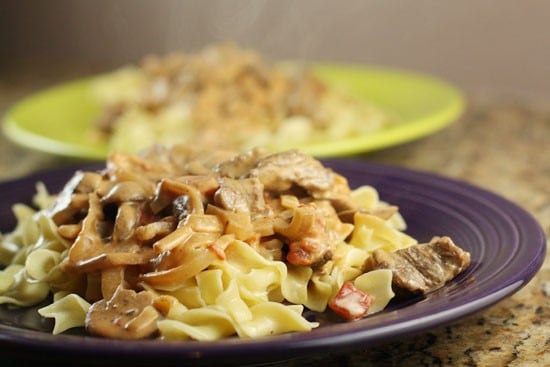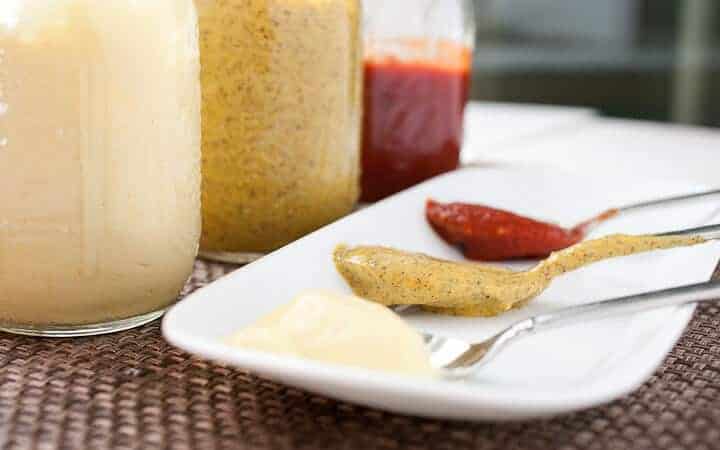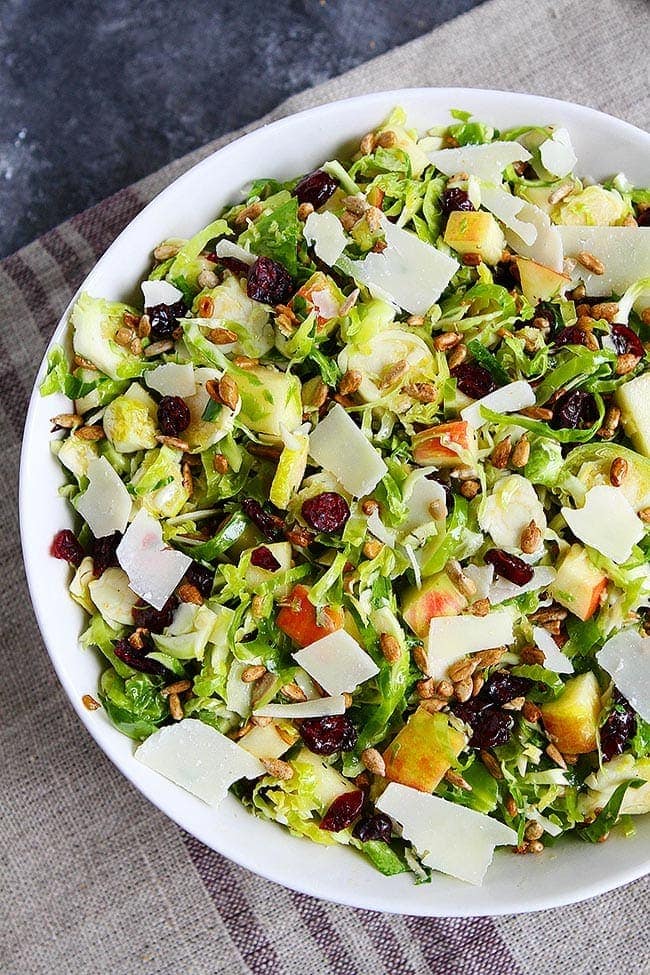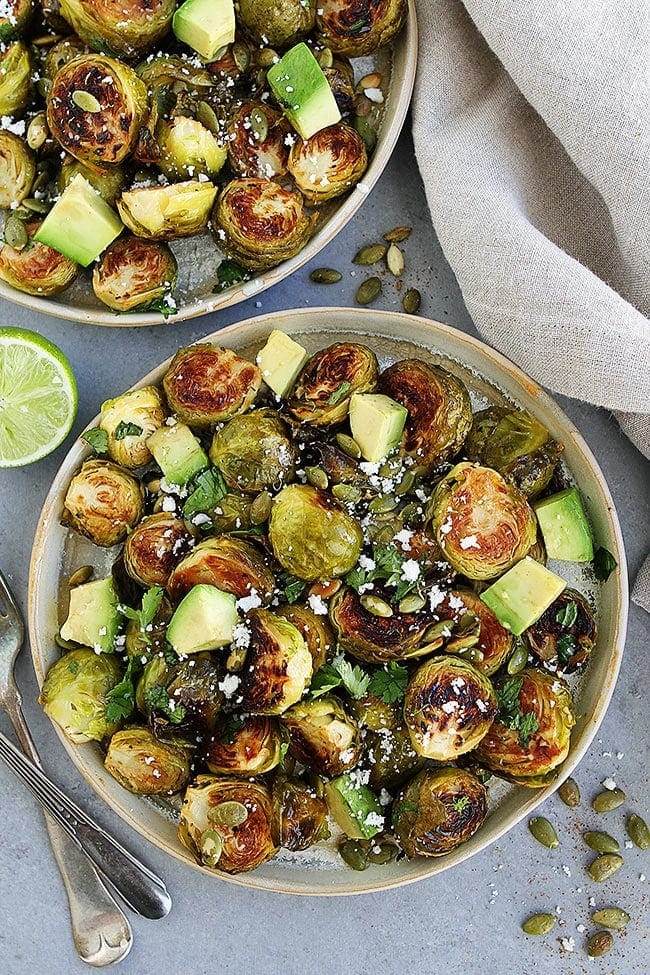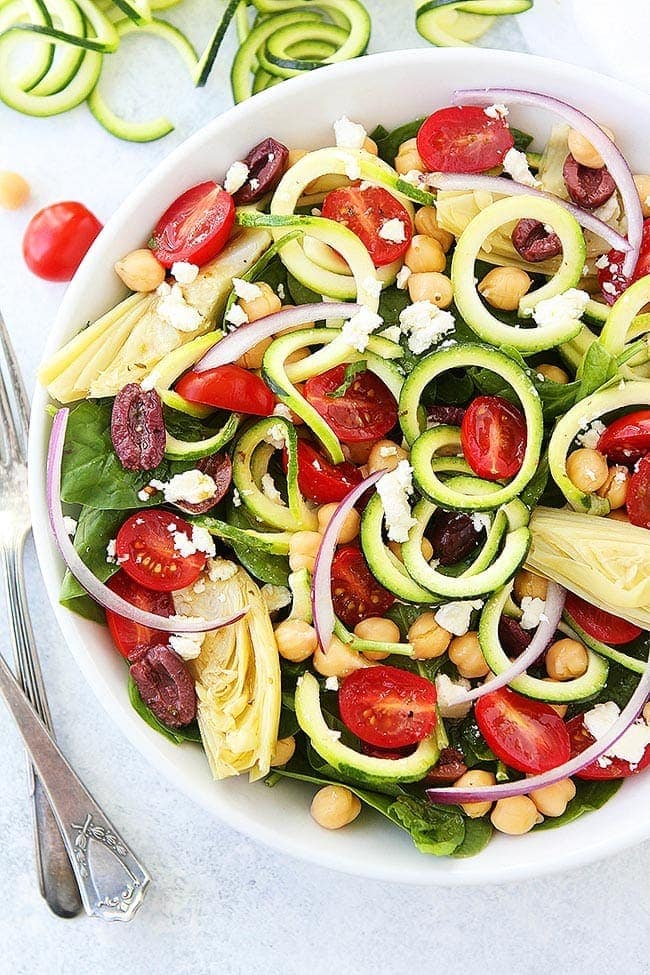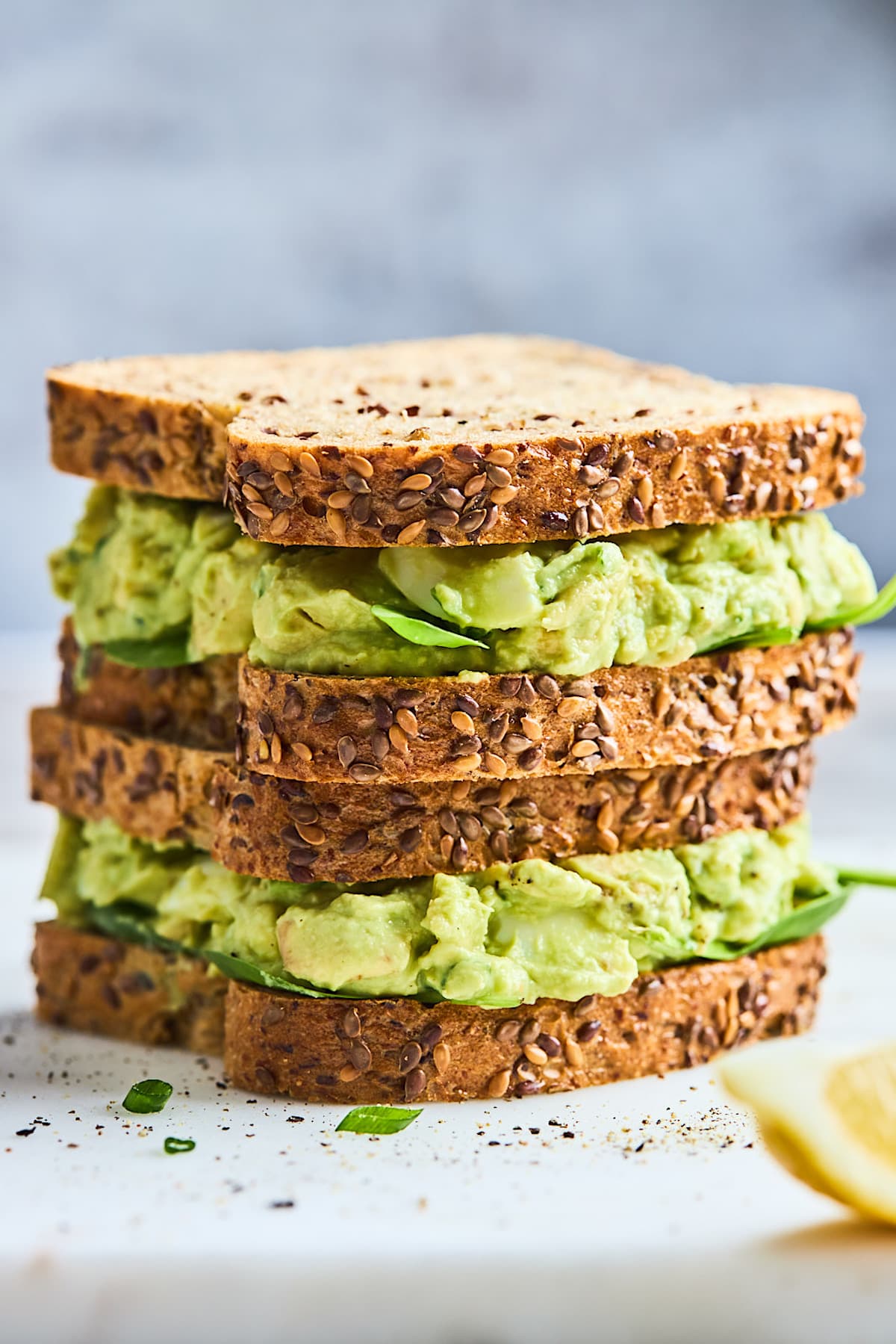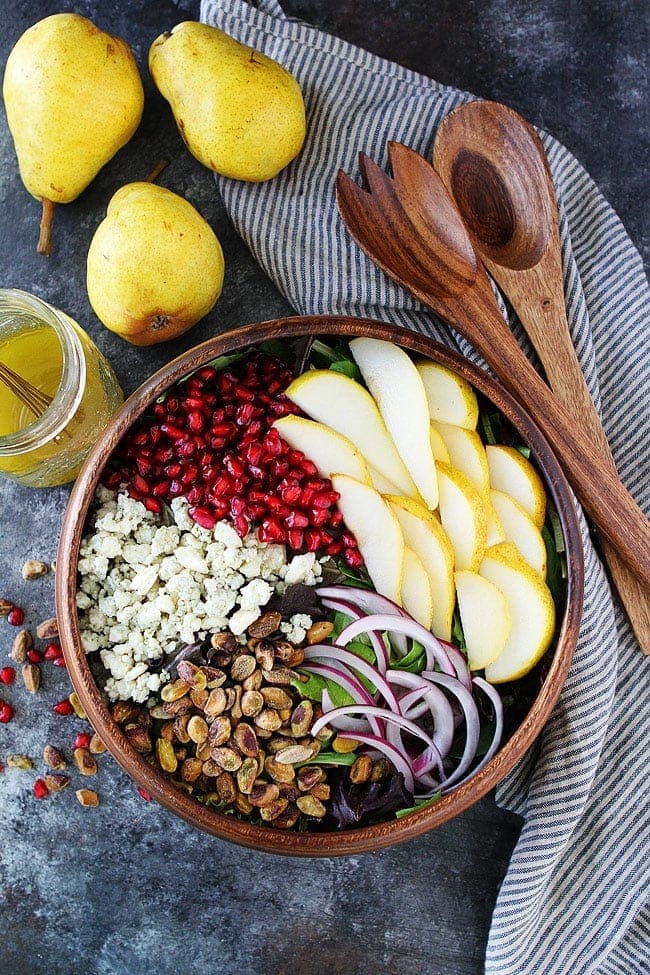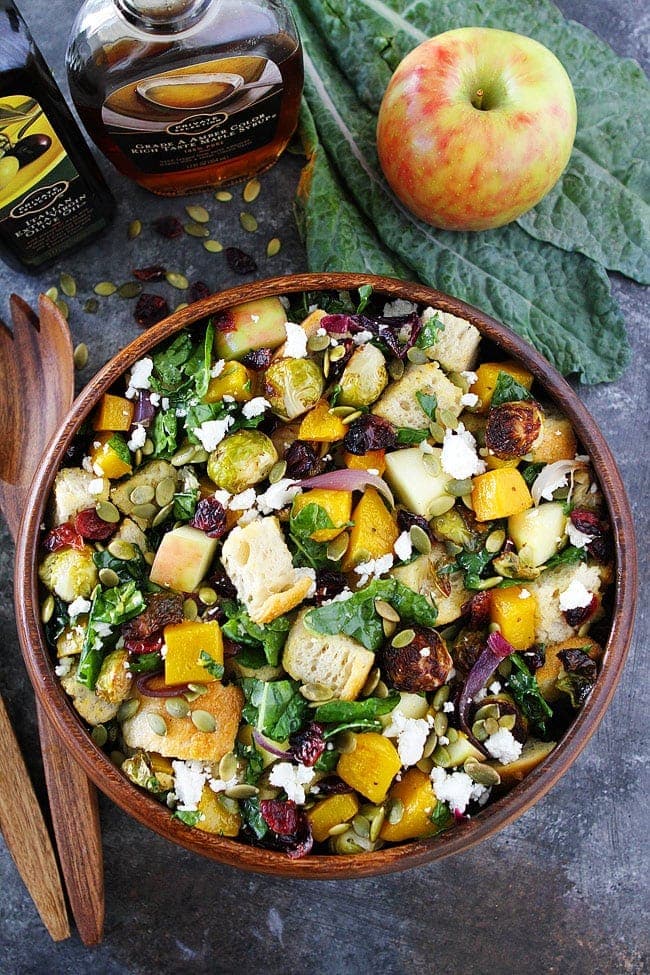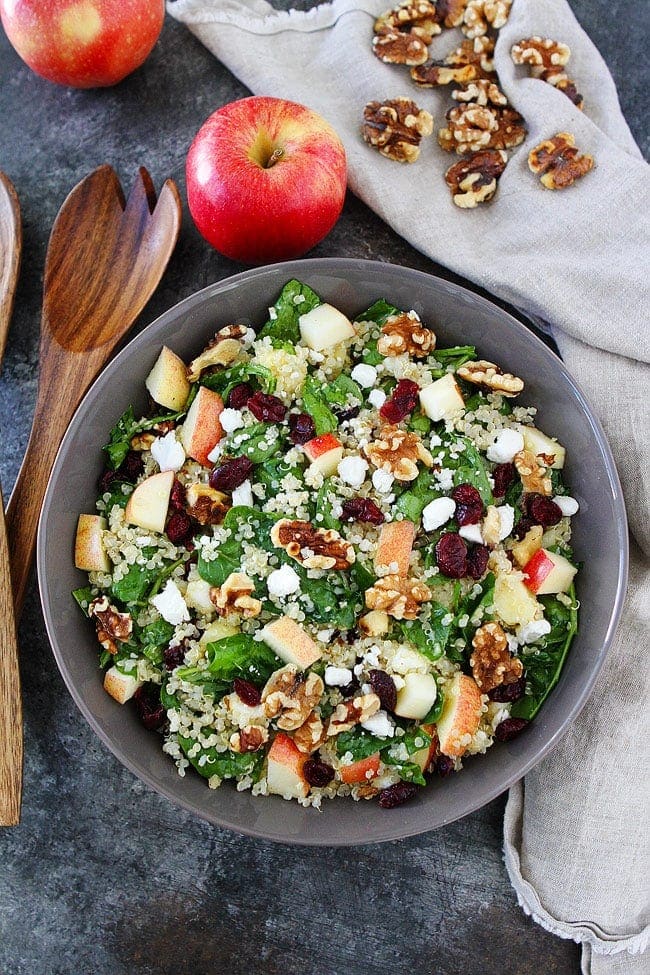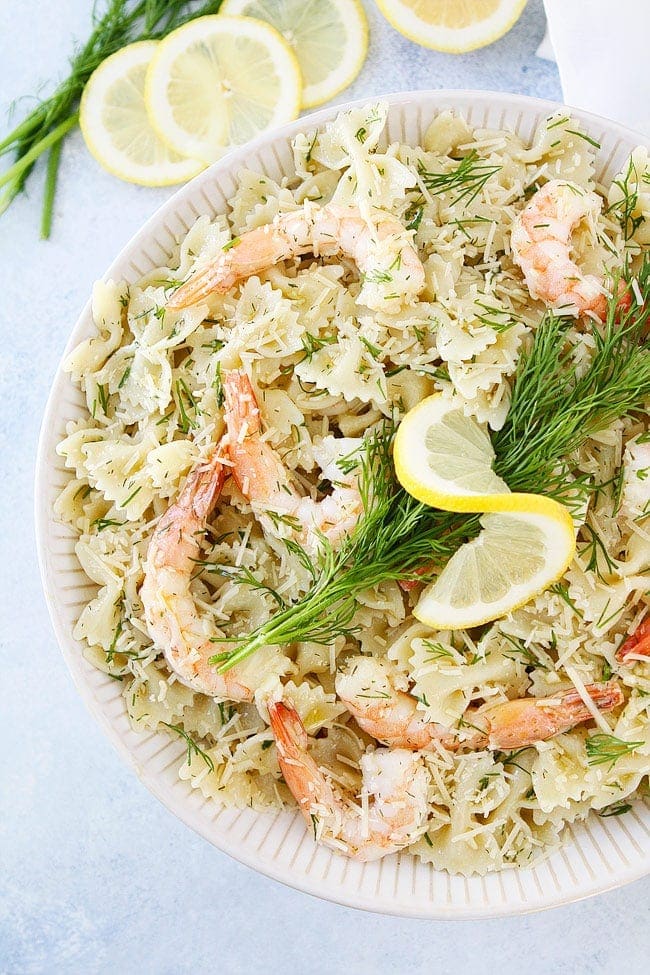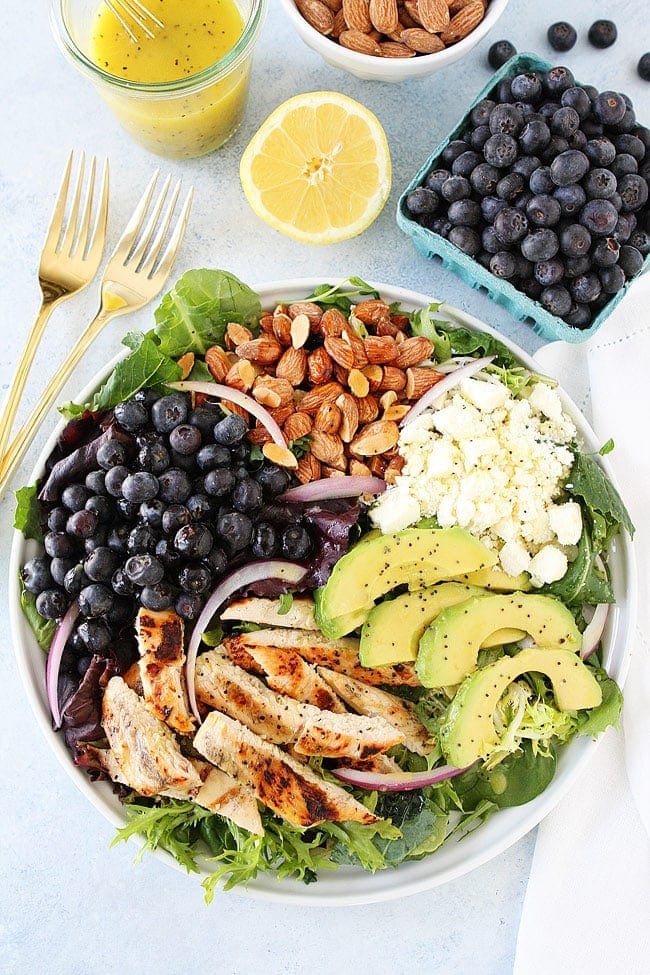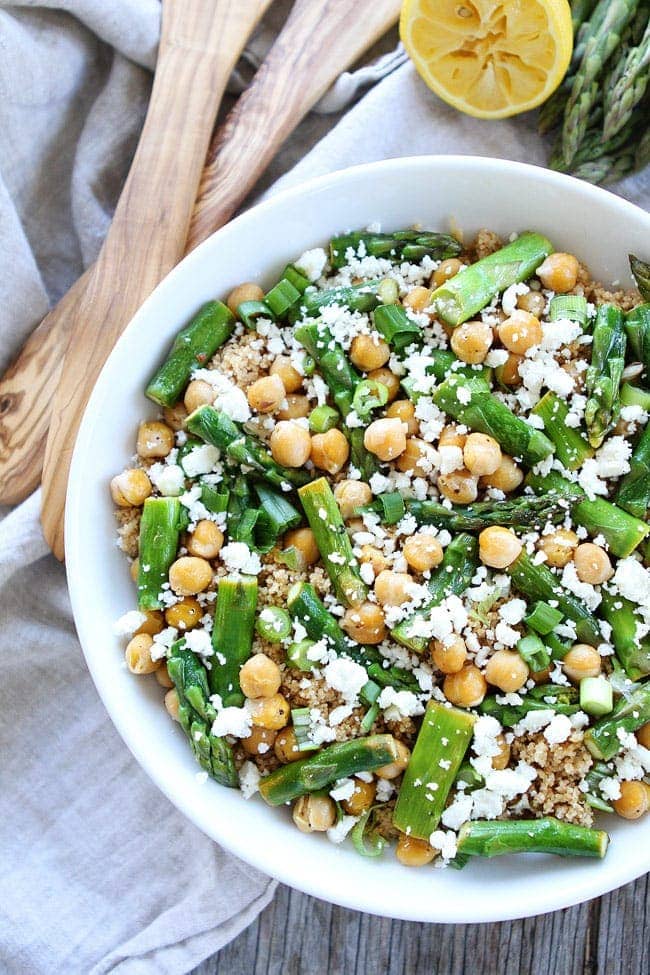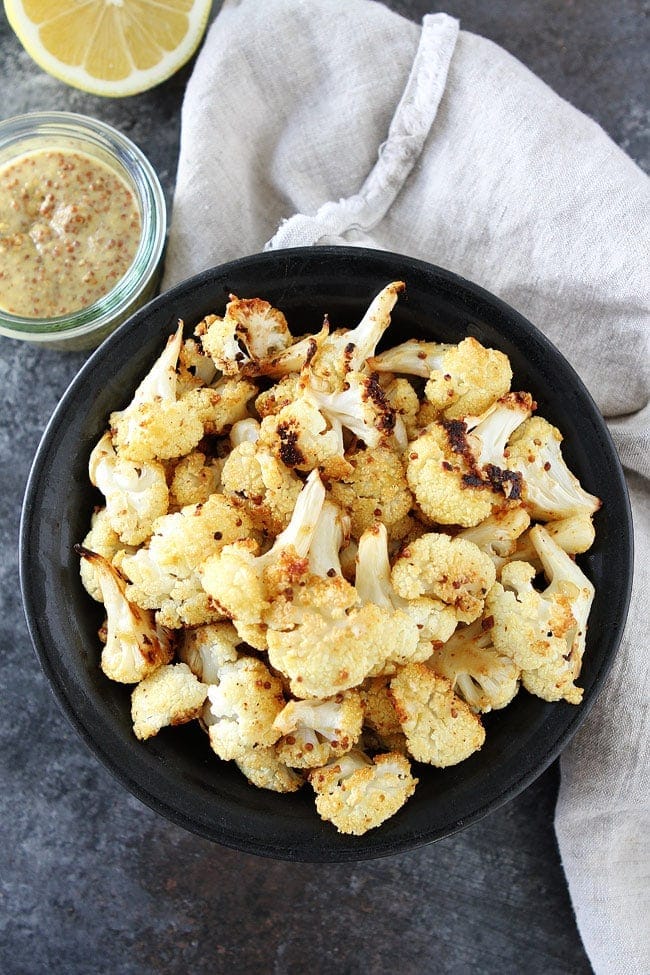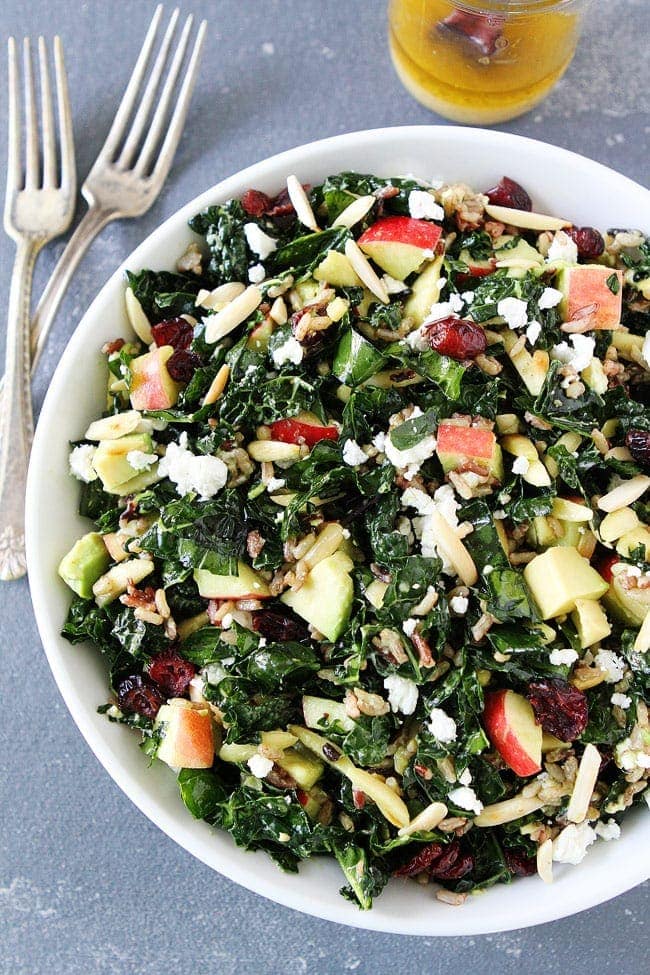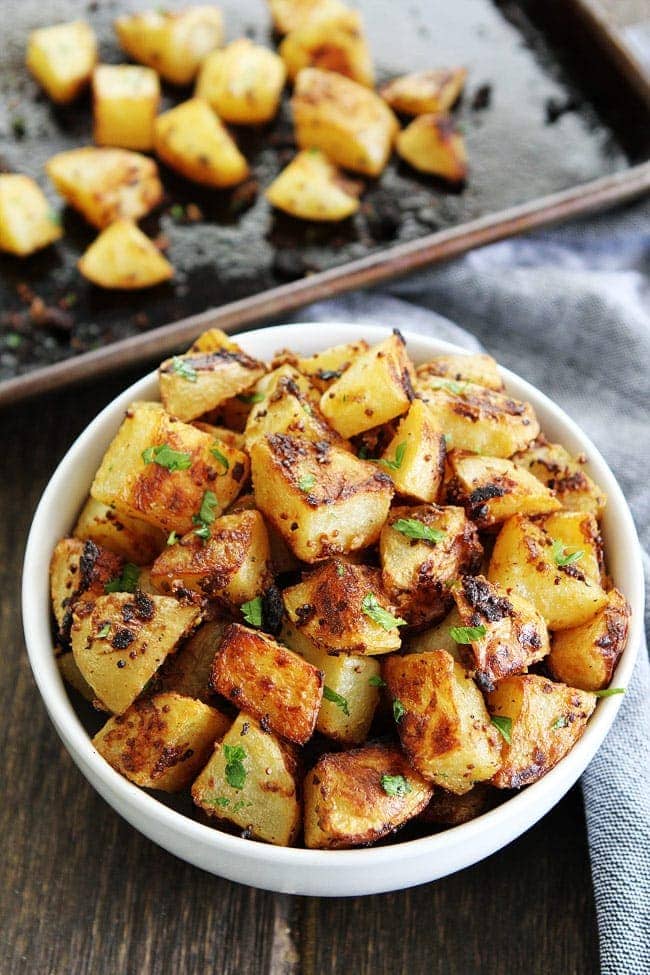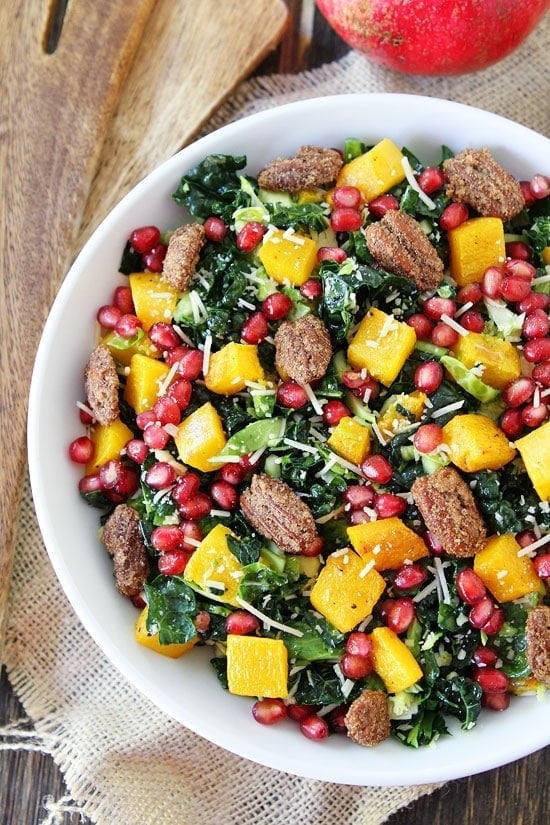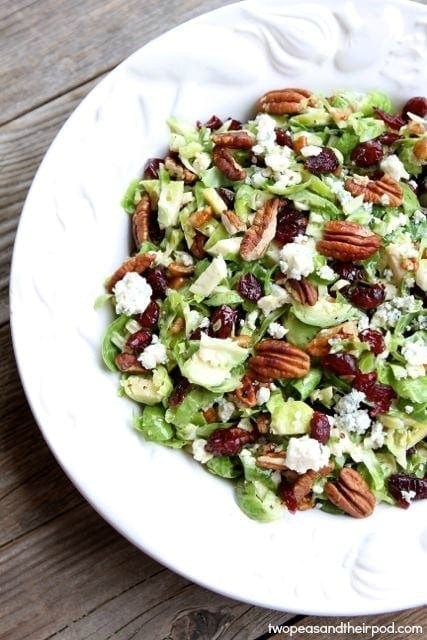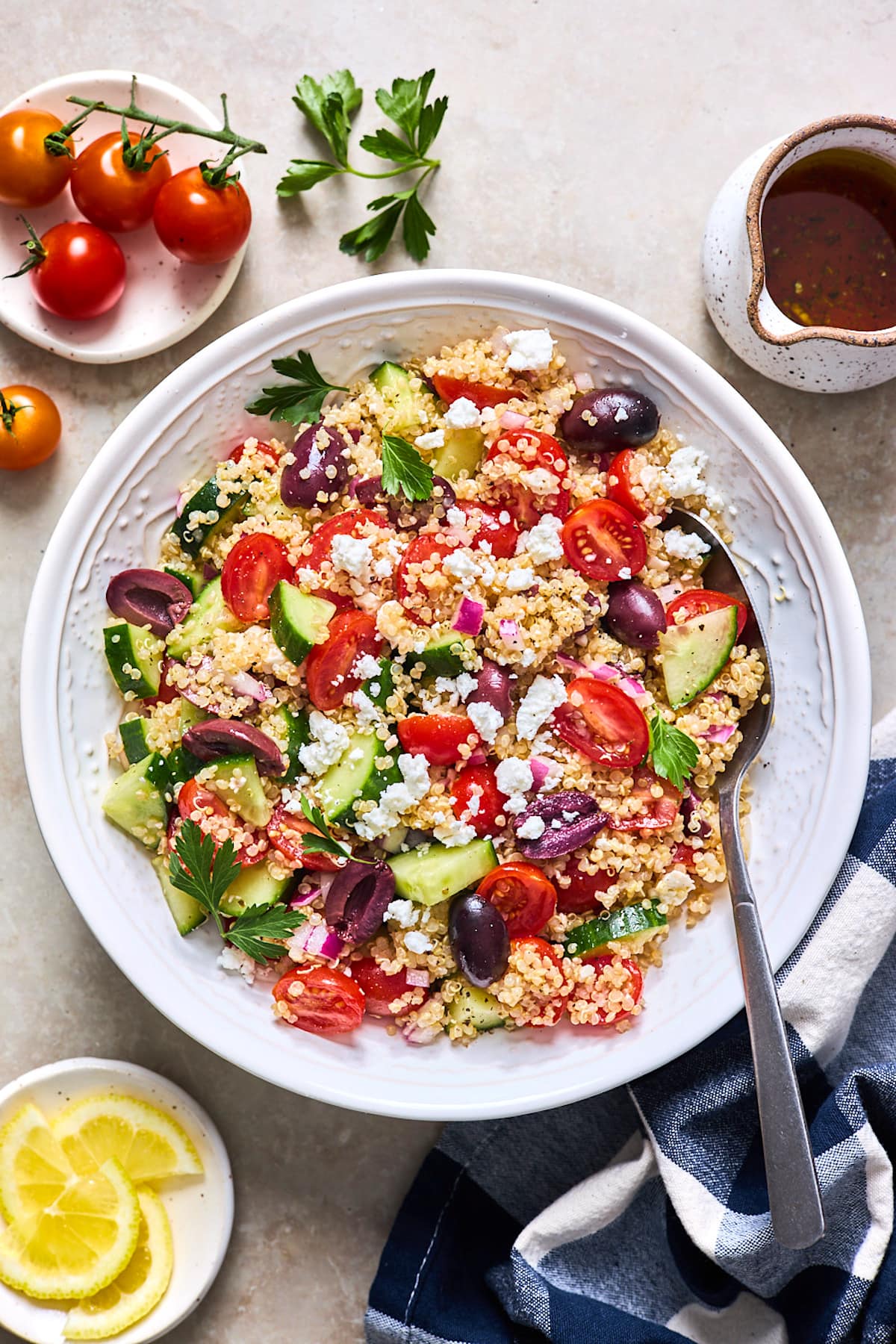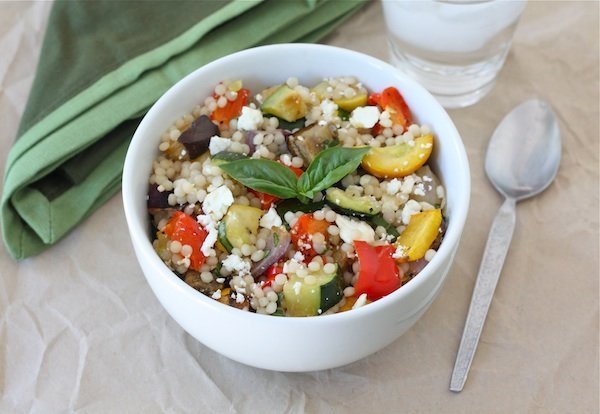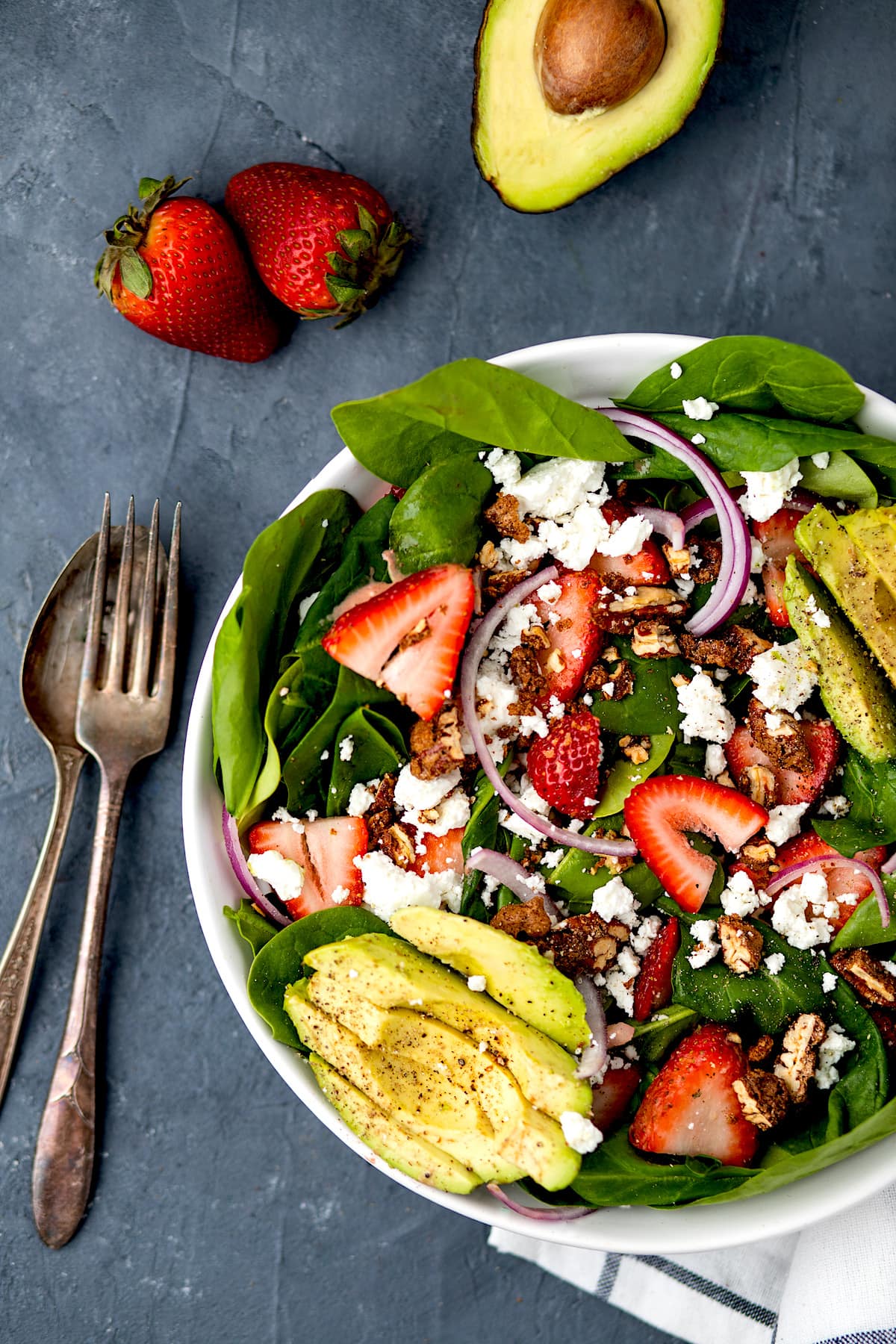Dijon Mustard: Important Facts, Health Benefits, and Recipes
Explore the rich history, health benefits, and culinary uses of Dijon mustard in our ultimate guide, and learn how this versatile condiment can enhance your healthy lifestyle and food choices.
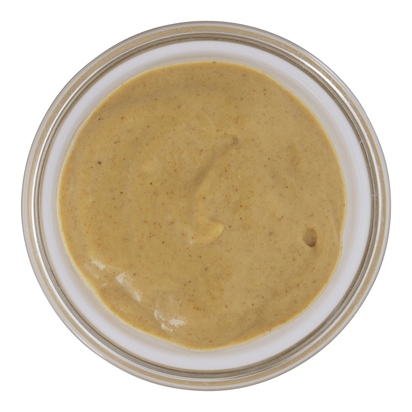
Nutritional Facts
1 cup
Amount per serving
Calories
149.4
Carbohydrates
14.5 g
Fat
8.3 g
Protein
9.3 g
Saturated Fat
0.5 g
Sodium
2749 mg
Fiber
10 g
Sugar
2.3 g
Best Dijon Mustard Recipes
-

-

-

-

-
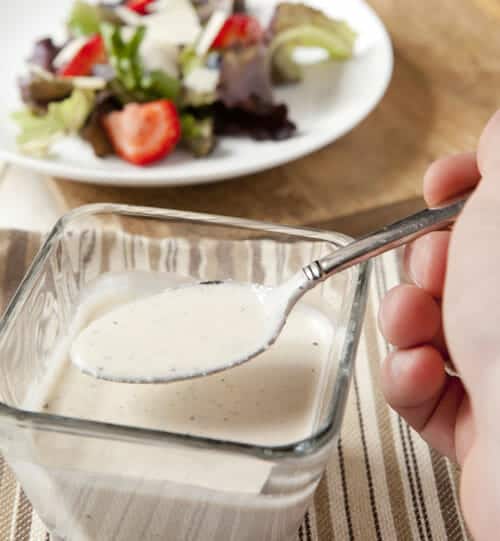
-

-

-

-
![Mango Habanero Simmer Sauce Image]()
-
![Curry Egg Salad Image]()
-
![Spaghetti Squash with Cream Sauce Image]()
-
![Real Beef Stroganoff Image]()
-
![Five-Minute Ketchup, Mustard, and Mayo Image]()
-
![Chopped Greek Salad Image]()
-
![Caprese Eggs Benedict Image]()
-
![Sheet Pan Pasta Bake with Chicken and Kale Image]()
-
![Shaved Brussels Sprouts Salad Image]()
-
![Honey Lime Roasted Brussels Sprouts with Avocado Image]()
-
![Turkey Cheddar Apple Pinwheels Image]()
-
![Cobb Salad Image]()
-
![Mediterranean Zucchini Pasta Salad Image]()
-
![Avocado Egg Salad Image]()
-
![Roasted Grape and Farro Kale Salad Image]()
-
![Pear Pomegranate Salad Image]()
-
![Fall Panzanella Salad Image]()
-
![Apple Walnut Quinoa Salad Image]()
-
![Easy Shrimp Pasta Salad Image]()
-
![Bacon, Corn, and Tomato Pasta Salad Image]()
-
![Grilled Chicken Blueberry Feta Salad with Lemon Poppy Seed Dressing Image]()
-
![Asparagus Chickpea Quinoa Salad Image]()
-
![Roasted Mustard Cauliflower Image]()
-
![Kale and Wild Rice Salad Image]()
-
![Roasted Cauliflower, Feta, and Orzo Salad Image]()
-
![Mustard-Crusted Potatoes Image]()
-
![Apple, Gouda, and Farro Salad Image]()
-
![Egg Salad Image]()
-
![Apple, Grape, and Candied Pecan Salad with Maple-Mustard Dressing Image]()
-
![Kale and Brussels Sprouts Salad with Butternut Squash, Pomegranate, and Candied Pecans Image]()
-
![Penne with Roasted Cauliflower and Lemon Caper Vinaigrette Image]()
-
![Chopped Brussels Sprouts with Dried Cranberries, Pecans & Blue Cheese Image]()
-
![Grilled Honey Mustard Pork Tenderloin Image]()
-
![Greek Quinoa Salad Image]()
-
![Maple Roasted Butternut Squash & Apple Salad Image]()
-
![Israeli Couscous Salad with Roasted Vegetables Image]()
-
![Roasted Red Onion and Pear Salad Image]()
-
![Roasted Butternut Squash Orzo Salad Image]()
-
![Easy Spinach Salad Image]()
-
![Strawberry Spinach Salad with Strawberry Dressing Image]()





